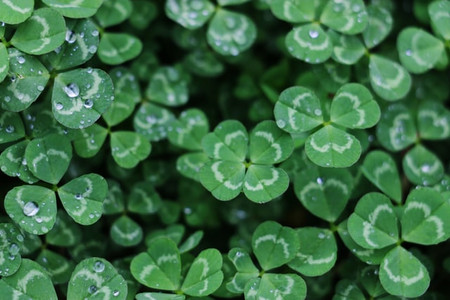Happy St. Patrick’s Day!
- arielpisturino
- Mar 16, 2022
- 2 min read
Updated: Mar 18, 2022

How do you live with music? This very green holiday has got our artistic director thinking about the Emerald Isle, and how the Irish work music into everyday life. A few thoughts from our artistic director:
Culture of pub music
by Ariel Pisturino
In 2019, I spent a few days in Dublin, Ireland, exploring the city with my partner. Ireland is a magical place, full of history and folklore. One night, we were out and about and it started to drizzle, as it does in that part of the world. Looking around for a place to duck into, we started to hear some raucous music. We stuffed ourselves into this little pub. It was PACKED with wall-to-wall people, and everyone's attention was on the group of musicians playing traditional Irish music on traditional instruments. It was such fun and a different experience from being in America. It got me wondering about the culture of Irish music.
Traditional Irish music began as an oral tradition, with generations learning by ear and passing it down. It's a tradition that still exists today. Irish music originated with the Celts about 2,000 years ago. The Celts were influenced by music from the East. It is even thought that the traditional Irish harp originated in Egypt. The harp was the most popular instrument and harpists were employed to compose music for noble people. When invaders came to Ireland in the early 1600's, that forced people to flee the country. Harpists roamed through Europe, playing music wherever they could. The most famous composer/harpist was Turlough O’Carolan (b.1670-d.1738). He was a blind harpist, composer, and singer. He traveled all over Ireland for 50 years, playing his music. He is considered Ireland's national composer.
The main traditional instruments are fiddle, Celtic harp, Irish flute, penny whistle, uilleann pipes and bodhrán. More recently the Irish bouzouki, acoustic guitar, mandolin and tenor banjo have found their way into the playing of traditional music.
Irish pub songs are part of a tradition of storytelling by the fireside. People used to visit their neighbours, friends and relatives in the evenings after work or on a Sunday after mass, sit with them by the fireside, and share stories. In between the stories there would be songs, usually unaccompanied.
There was a big revival of pub music during the 1960's with popular bands singing traditional Irish music, usually accompanied by guitar. (Think: The Chieftains.) In the 1970's, local singers started forming singing clubs to focus on the traditional songs. One of the first singing sessions was hosted in Dublin during the 1980's. These sessions became more regular and popular amongst pubs to host these groups, and that's how pub music evolved into what we experience today.












Comments